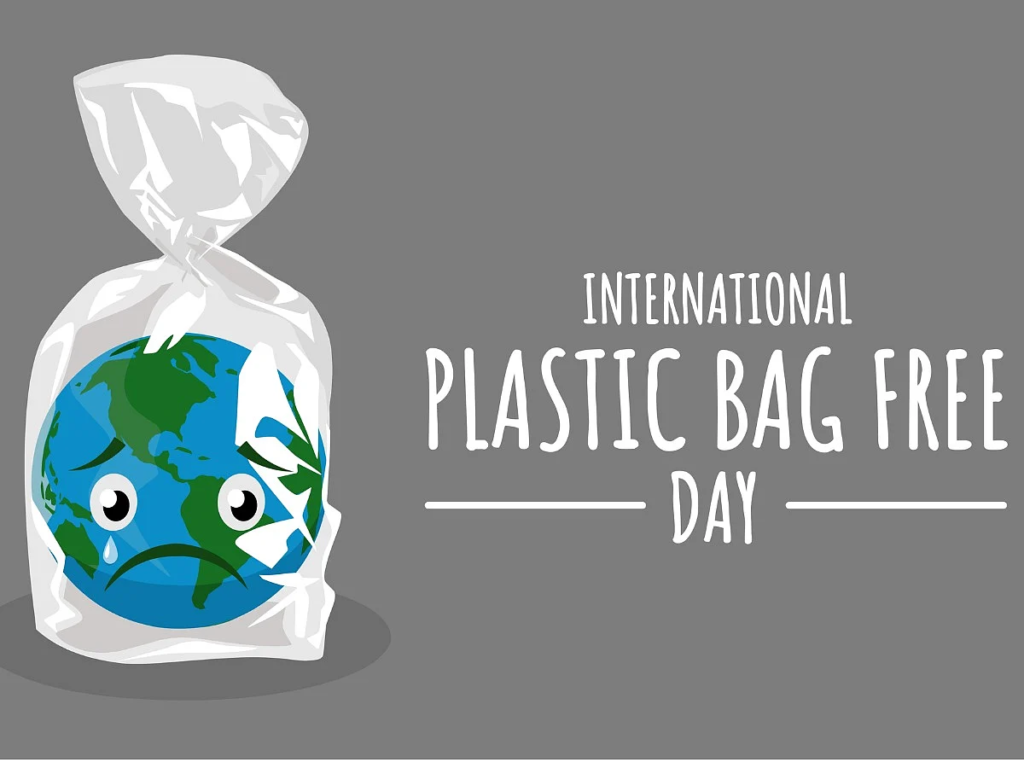
Table of Contents
- Introduction: Beyond the Plastic Problem
- Why Say Goodbye to Plastic Bags?
- The Green Revolution: 10 Easy Alternatives
- Cloth Bags
- Jute Bags
- Canvas Totes
- Paper Bags
- Recycled PET Bags
- Mesh Produce Bags
- Basket Bags
- Upcycled Fabric Bags
- Foldable Nylon Bags
- Biodegradable Compostable Bags
- Cloth Bags
- How to Build a Bag Habit
- Myths About Non-Plastic Alternatives
- The Ripple Effect: How Your Choices Matter
- Final Thought: Carrying the Future in Your Hands
1. Introduction: Beyond the Plastic Problem
We use them for minutes, but they haunt the Earth for centuries—plastic bags are one of the most convenient yet destructive inventions of our time. But what if the solution was just as convenient, yet eco-friendly? This blog dives into ten practical, stylish, and sustainable alternatives that make ditching plastic easier than ever.
2. Why Say Goodbye to Plastic Bags?
Plastic bags pollute oceans, clog drainage systems, and take hundreds of years to decompose. More than 5 trillion plastic bags are used globally each year, and less than 1% are recycled. Saying no to plastic isn’t just a lifestyle choice—it’s a necessity.
3. The Green Revolution: 10 Easy Alternatives
1. Cloth Bags
Soft, washable, and highly durable—cloth bags are perfect for grocery runs or daily errands. You can find them in vibrant prints or plain organic cotton.
2. Jute Bags
Strong, biodegradable, and rustic, jute bags are made from plant fibers and can carry heavier loads. They’re a favorite for farmers’ markets and shopping hauls.
3. Canvas Totes
Trendy and tough, canvas totes are a fashion-forward and eco-conscious alternative. Personalize them with art or quotes and use them for shopping, school, or office.
4. Paper Bags
Ideal for light loads, paper bags are recyclable and biodegradable. Great for retail stores and wrapping gifts sustainably.
5. Recycled PET Bags
Made from used plastic bottles, these bags turn waste into utility. Lightweight yet sturdy, they’re an ideal compromise between recycling and reusability.
6. Mesh Produce Bags
Say goodbye to plastic for fruits and veggies. These see-through, washable mesh bags are perfect for shopping and storing fresh produce.
7. Basket Bags
Inspired by tradition, these reusable woven baskets are stylish and long-lasting. Ideal for picnics, market days, or even storage at home.
8. Upcycled Fabric Bags
Got an old t-shirt or curtain? Turn it into a bag. Upcycled fabric bags reduce textile waste and give a second life to forgotten materials.
9. Foldable Nylon Bags
Compact and feather-light, these bags fit in your pocket and open into a full-size shopping companion. Great for travel or spontaneous purchases.
10. Biodegradable Compostable Bags
Made from cornstarch or potato starch, these bags mimic plastic without harming the earth. They break down completely in composting conditions.
4. How to Build a Bag Habit
- Keep extras in your car or backpack
- Place one near your door for quick errands
- Gift reusable bags to friends and family
- Say “no bag, thank you” at checkout counters
Making it a habit is easier when sustainability becomes second nature.
5. Myths About Non-Plastic Alternatives
- “They’re expensive.” Not when you reuse them hundreds of times.
- “They aren’t waterproof.” Many now come with water-resistant linings.
- “They’re inconvenient.” Most alternatives fold easily or roll up compactly.
These myths keep plastic in use—don’t let them hold you back.
6. The Ripple Effect: How Your Choices Matter
Each reusable bag you carry is one less plastic bag in a landfill or ocean. Your simple act influences others. A greener future doesn’t begin with global policy—it starts with personal responsibility.
7. Final Thought: Carrying the Future in Your Hands
Every bag you carry tells a story. Make it one of sustainability, awareness, and action. Small switches lead to big changes. It’s time to carry change—literally.

